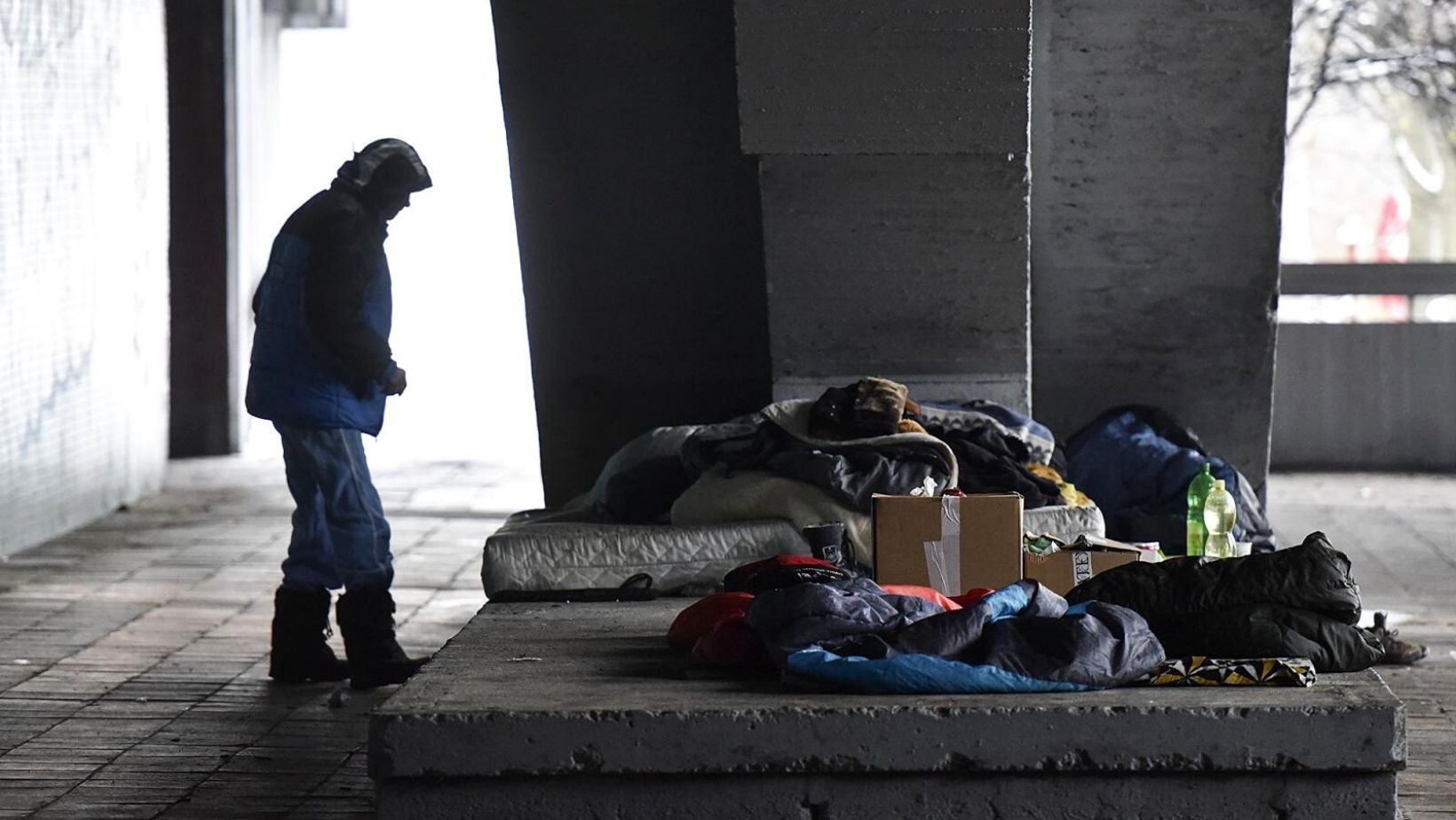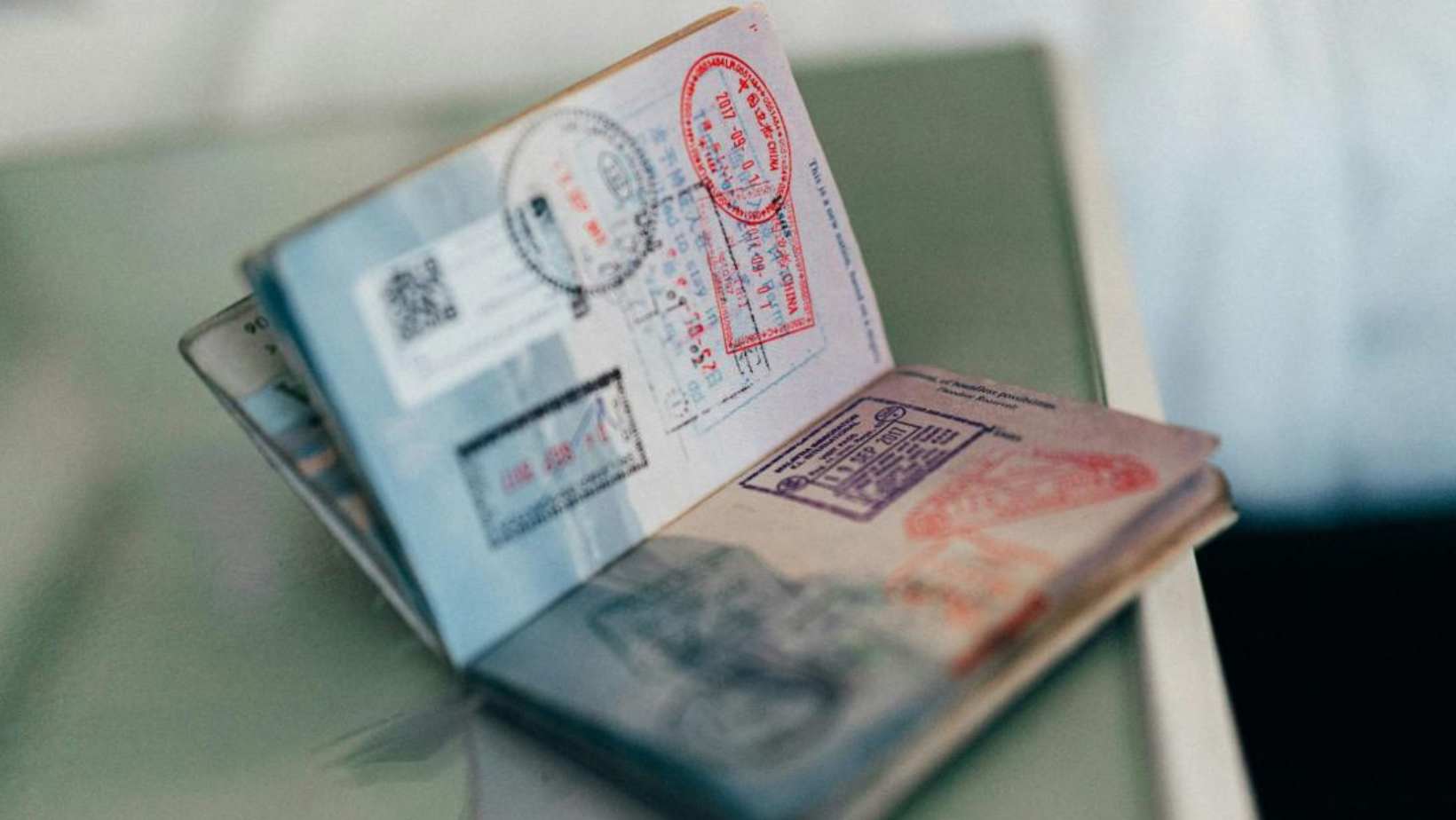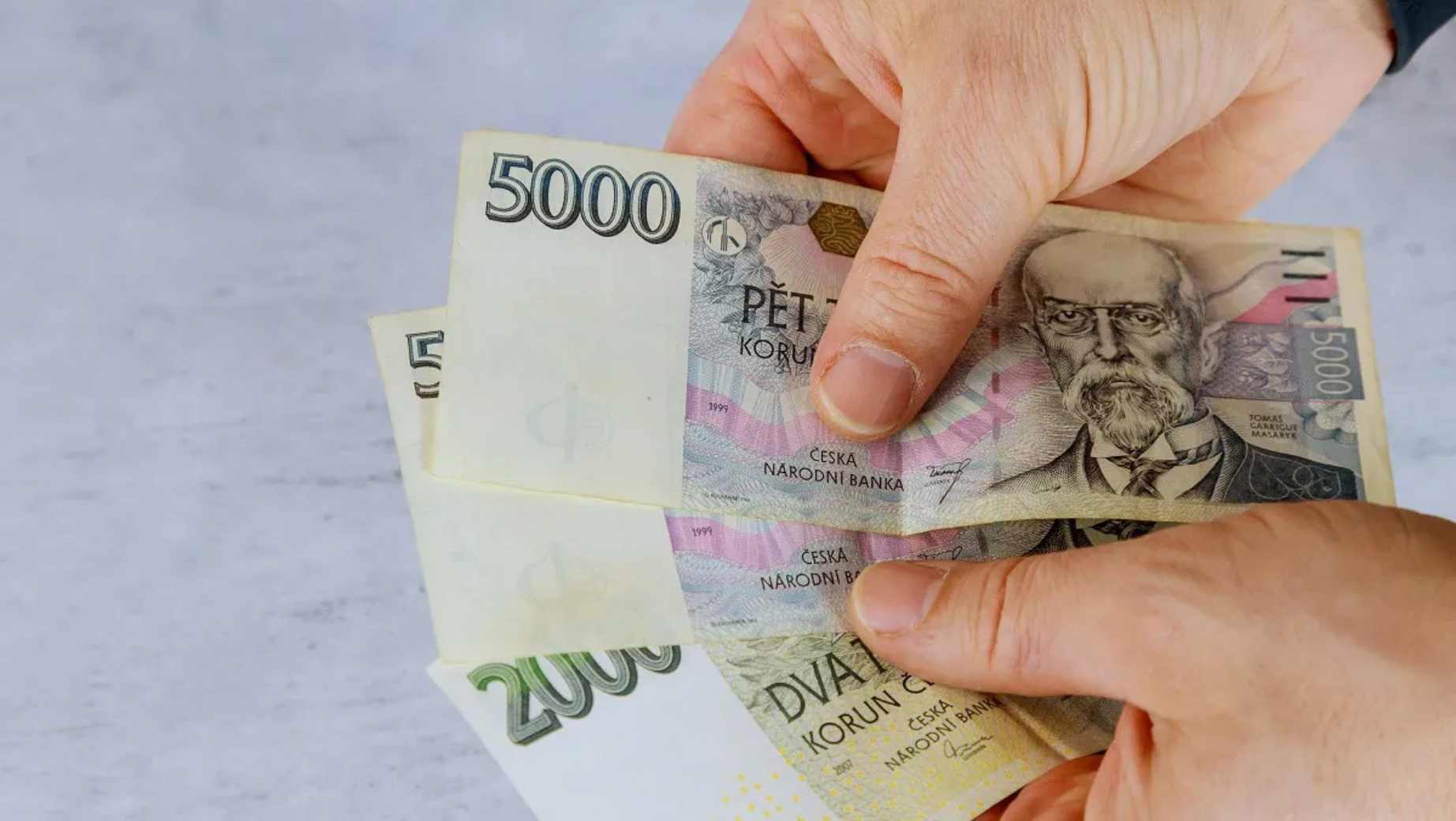The coronavirus pandemic isn’t just a threat to the health of people around the world. It also puts their livelihoods at risk.
The number of homeless people in Prague is increasing. The statistics often include people who used to have normal work and housing, points out anthropologist Petr Vašát. Ivan Douda, psychologist and one of the founders of Prague’s “Drop-in Centre”, also confirmed the rise of people living on the streets.
Mayor of Prague 5 Renata Zajíčková (ODS) and the mayor of Prague 1 Petr Hejma (STAN) have also agreed during a broadcast at CNN’s Prima NEWS that there’s the need for better communication and cooperation in this situation.
“I am contacted daily by citizens who live in the vicinity of the Andêl and the adjacent parks. The situation is clearly unsatisfactory. There are actually more homeless people in this area than before,” confirmed Zajíčková. She added that there are also many drug addicts in the area, who, however, do not necessarily have to be homeless.
“Of course, we do our best to take care of the city center where there is a high concentration of homeless people or drug addicts. We are trying to eliminate this phenomenon in a targeted way. The priority is to ensure peaceful living for all parties involved and also to assist organizations that help the homeless,” described Hejma.
The coronavirus pandemic is also responsible for the increasing number of homeless people. “The number of people who find themselves on the street has also been increased by the covid pandemic. Not only does it increase these numbers, but there’s diversity within the homeless. When I visited the homeless shelters in Prague, it was clear that together with people who has experience with life on the street, there were also those who until then had worked and lived normal lives,” said Petr Vašát, anthropologist and senior researcher at the Czech Academy of Sciences, Institute of Sociology.
“It is a permanent problem for all major cities, not just here in Europe. When the homeless are pushed out of one place, they go to another. It’s a problem that is constantly changing, and it’s about working together to tackle it,” added Ivan Douda.
However, according to Vašát, there is no single recipe for returning these people to normal life. According to him, something different applies to each person.
“To a large extent, homelessness in the Czech Republic is also affected by globalization. It is often forgotten that the global economy changed very significantly at the turn of the 1970s and 1980s. Specifically, cheap assembly plants, from which most of the homeless appear,” Vašát explained.
According to him, up to 90 percent of the people in his sample lost their jobs in cheap labor services or at now-closed assembly plants, and many of them were in debt.
-
NEWSLETTER
Subscribe for our daily news











